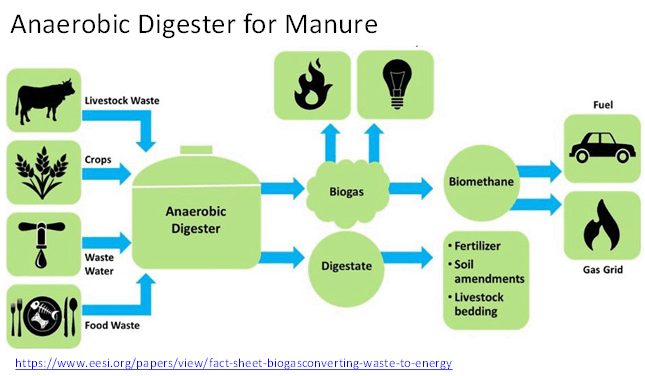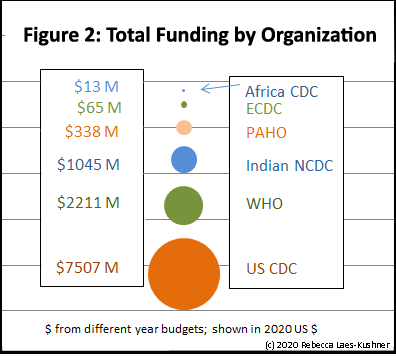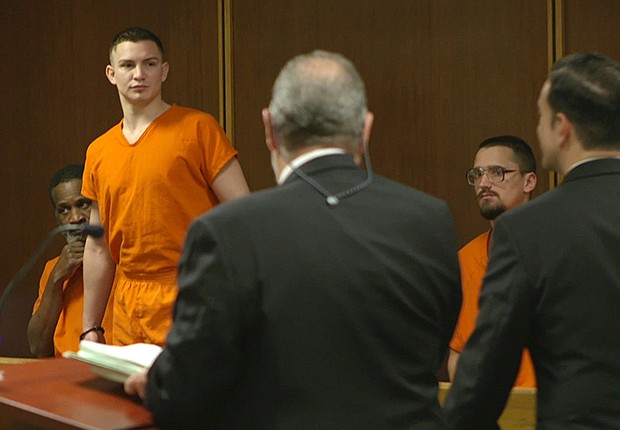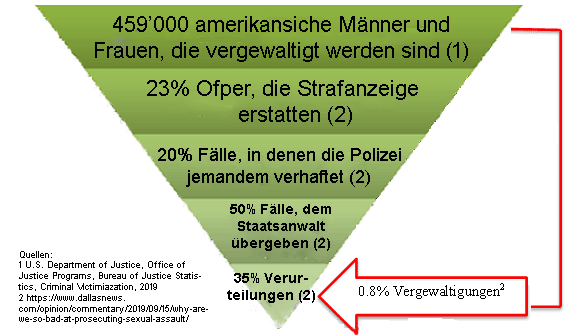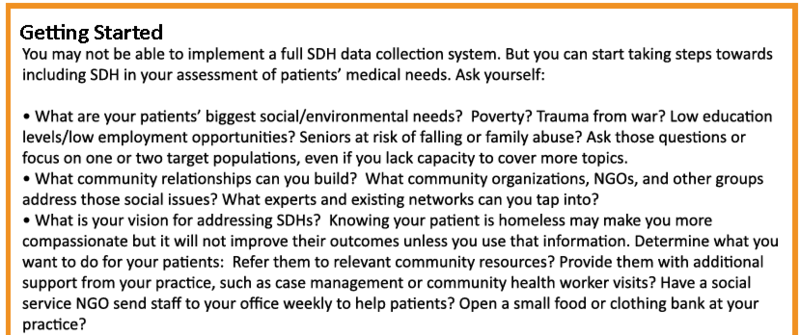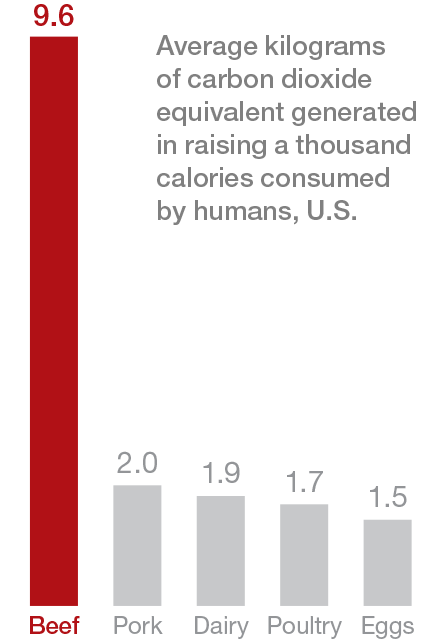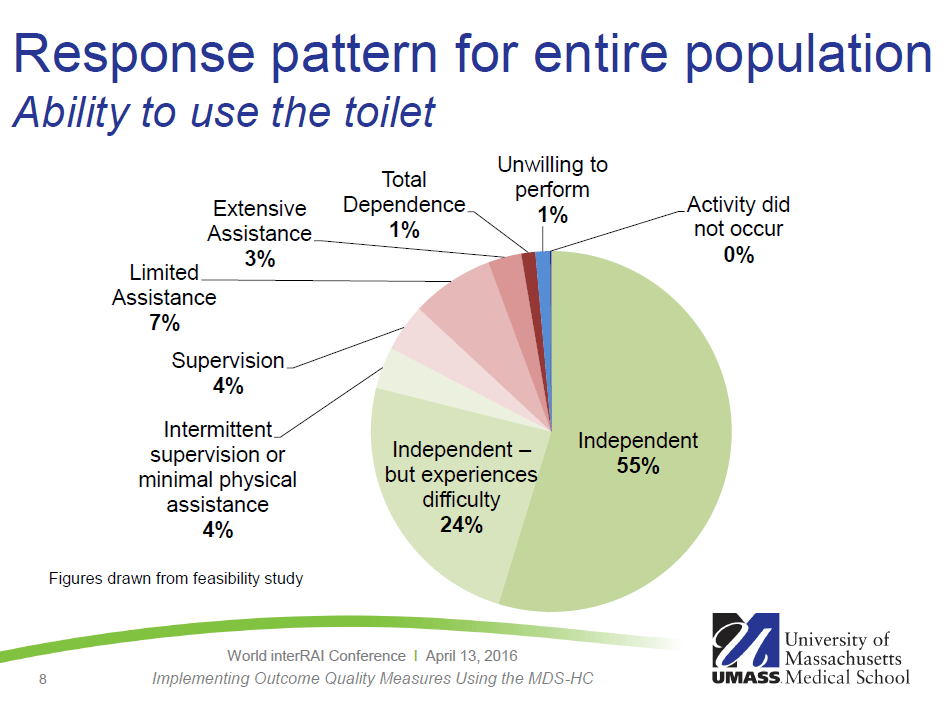Policy. Analysis. Advocacy
Methane
How can the fossil fuel, waste management and agriculture sectors decrease methane? A science policy symposium from the Climate and Clean Air Coalition (#CCAC) last week provided policy experiences and recommendations from experts.
Funding for Disease Control (Part 2)
Disease management is suddenly a household topic due to COVID-19. But what are the normal priorities of the World Health Organization (WHO) and other disease control organizations.
Mental illness and the criminal justice system
Florida Criminal Mental Health Project works with criminals with a mental illness, guiding them through treatment plans, therapy and job searches. Police, prosecutors and judges work together to help them recover and regain their lives.
Public Health Policy Decisions – Part 1: What is Public Health?
What exactly is public health? What do public health organizations usually focus on? What are their capabilities during an infectious disease emergency?
Vergewaltigung
Vergewaltigung ist eine erfolgreiche Straftat in der Schweiz, laut Kriminalitätsstatistiken. Wurden in der Schweiz durchschnittlich nur 22,8 Prozent der Beschuldigten verurteilt. Der Unterschied zwischen Kantonen ist gross.
Including Social Determinants of Health (SDHs) in Health Care
Sicker people cost more in health care resources. How do we equitably pay for their care? One set of factors that impact a person’s health care costs and health outcomes: social determinants of health (SDH).
Sacrifice for the environment
What are you willing to sacrifice for the environment? Your time? Money? Convenience? Choice?
ADLs (Activities of Daily Living) and iADLs
ADLs are the daily self-care activities we do every day without thinking — getting dressed, going to the bathroom, feeding ourselves. People with decreased mental or physical capacity struggle to complete their ADLs without help.

